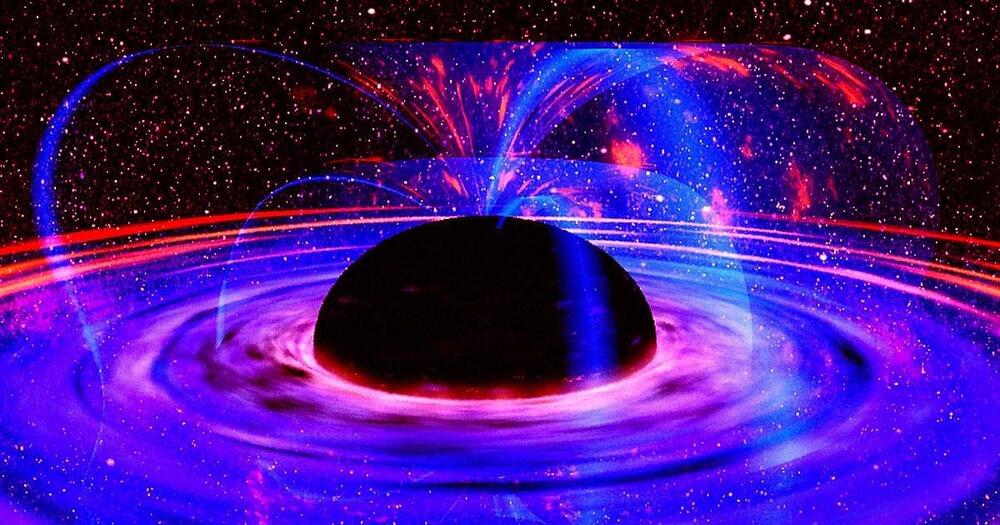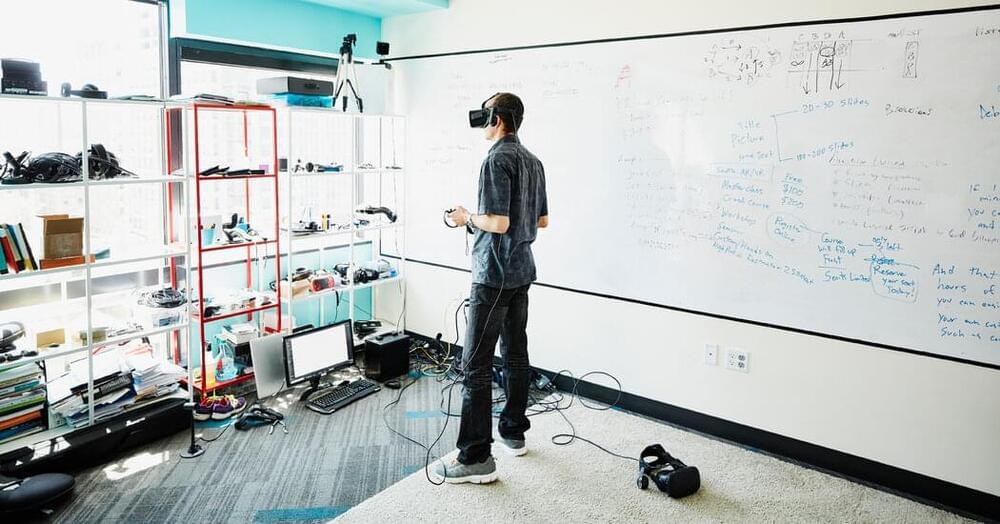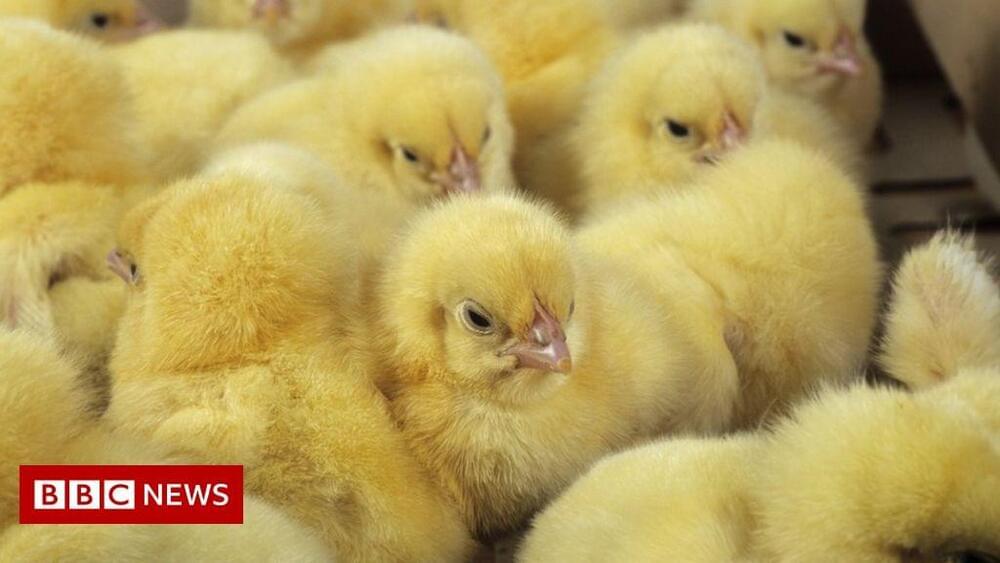Amazon Scholars Michael I. Jordan and Michael Kearns, and Amazon vice president and distinguished scientist Bernhard Schölkopf discuss the future of AI ahead of NeurIPS 2021. Watch the recorded event where these industry luminaries cover a range of topics including the history of ML in the past decade, its social impacts, the role of causal reasoning in ML, and whether or not autonomous, general-purpose intelligence should really be the aim of AI.
Follow us:
Website: https://www.amazon.science.
Twitter: https://twitter.com/AmazonScience.
Facebook: https://www.facebook.com/AmazonScience.
Instagram: https://www.instagram.com/AmazonScience.
LinkedIn: https://www.linkedin.com/showcase/AmazonScience.
Newsletter: https://www.amazon.science/newsletter.
#AmazonScience #NeurIPS #NeurIPS2021 #ArtificialIntelligence #MachineLearning #AI #ML







